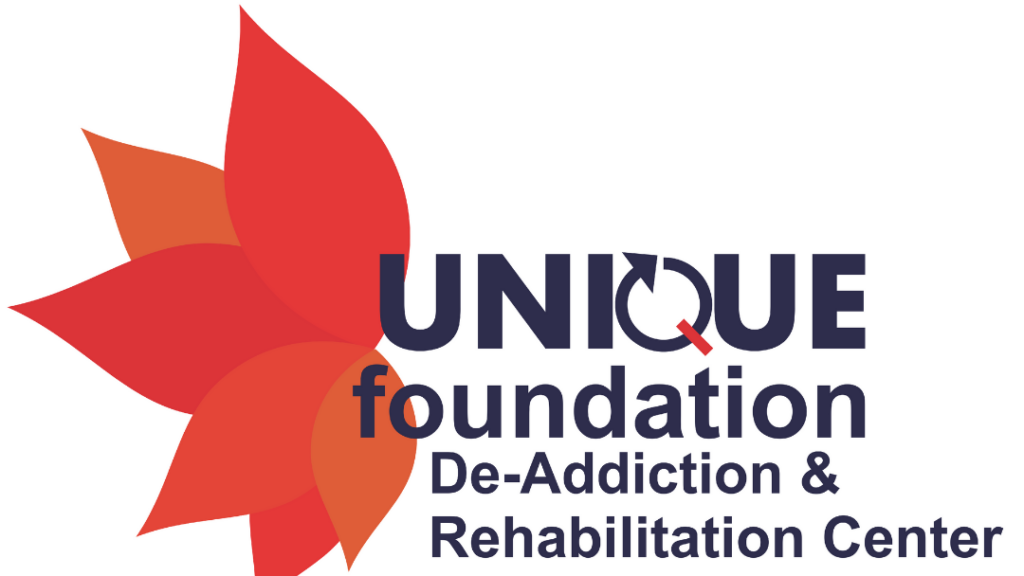R.E.B.T

REBT operates on the ABC model:
A – Activating event: Something happens in our environment.
B – Beliefs: Our beliefs about the activating event.
C – Consequences: Emotional and behavioral consequences stemming from our beliefs.
According to REBT, it’s not the activating event itself (A) that directly causes our emotional and behavioral responses (C), but rather our beliefs (B) about the event. Ellis argued that irrational beliefs, such as demandingness (the belief that things should or must be a certain way), catastrophizing (exaggerating the negative implications of an event), and self-downing (harshly criticizing oneself), often lead to unhealthy emotions like anxiety, depression, anger, or guilt.
The goal of REBT is to identify and challenge these irrational beliefs, replacing them with rational and healthier beliefs. Therapists using REBT often employ various cognitive, emotive, and behavioral techniques to help individuals recognize their irrational thoughts, dispute them, and replace them with more rational and constructive beliefs. These techniques may include cognitive restructuring, disputing irrational beliefs, changing self-talk, practicing assertiveness, and employing relaxation techniques.
REBT is considered a precursor to Cognitive Behavioral Therapy (CBT) and remains a widely used and effective approach in psychotherapy, helping individuals manage emotions, improve coping strategies, and cultivate a more rational and resilient

